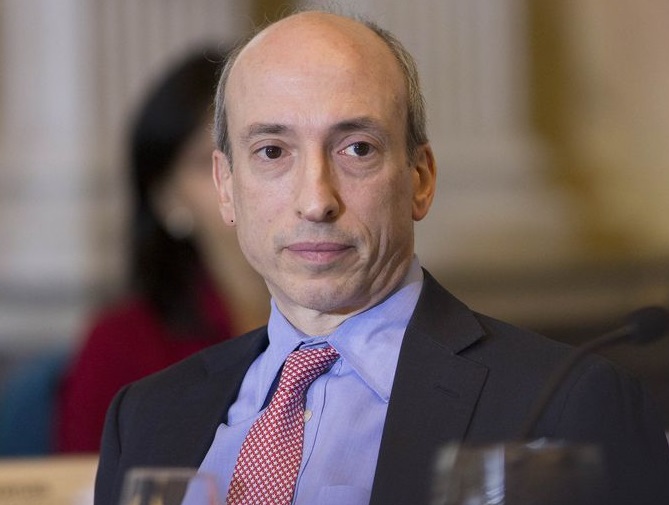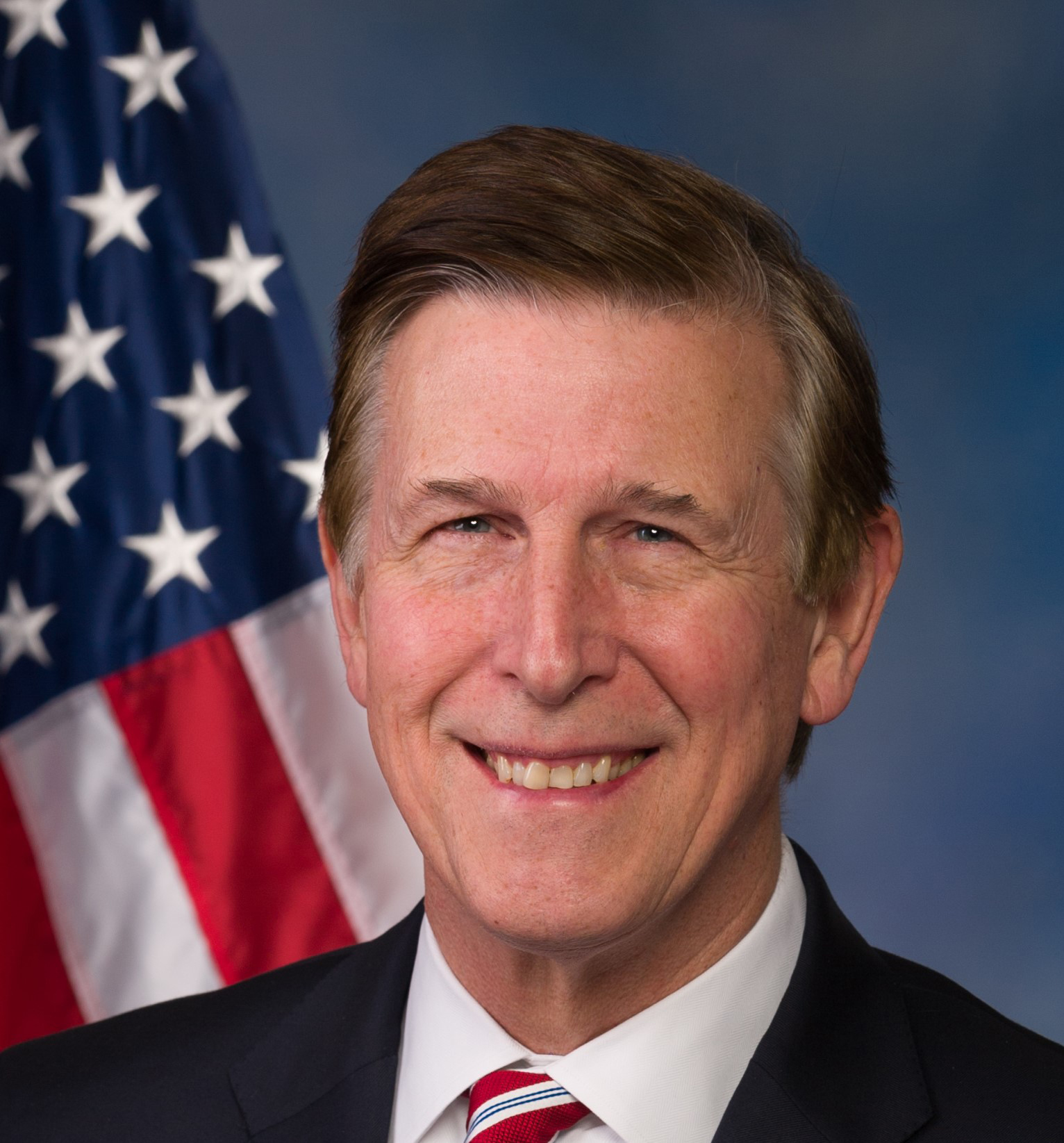By John E. Deaton, Founder and Host, CryptoLaw.
The apparent defeat over the crypto tax reporting measure in the infrastructure bill was a vivid warning. The U.S. government doesn’t know what it’s doing on crypto, but it’s taking action anyway. A $2 trillion economic sector is too ripe a target for a government that has spent the last decade ignoring its extraordinary birth and expansion around the globe. But their ignorance to the potential of these technologies has become dangerous, and no digital asset is safe anymore.
From Bitcoin Maxis to the XRP Army, there finally was a realization that we’re all in danger without a clear regulatory framework, one which puts guard rails around the regulators just as much as it does around the scammers and the criminals. I’ve said it over and over since last year – the SEC v. Ripple case is the most impactful SEC enforcement action in a generation because the agency is coming after all of us, not just XRP. They made a mockery of standards for due process and fair notice and erased $15 billion in value for the investors they said they were protecting in a case that had no allegations of fraud. Many in the XRP Army express resentment towards Ethereum because of the notorious William Hinman speech on Ether in 2018. Hinman classified the 2018 speech as personal opinion and went on to claim that the SEC has never declared ETH not to be a security in a recently filed sworn affidavit.
As the case against Ripple drags on it’s becoming increasingly clear that the SEC is more than ready to come after ETH without any warning for its 2014 ICO. Regulators can give speeches in front of a room of 1,000 market participants giving their blessing to a digital asset and then slap a lawsuit on any company and any investor the very next day and laugh at you for thinking the speech meant anything as they issue subpoenas for your bank records. SEC Chairman Gary Gensler offers no coherent message on the assessment of existing clarity in crypto. Concurrently, U.S. senators who claim to support democratization of global finance also claim to support a ban on decentralized finance in all its forms and want to tighten the centralized control of money.
Everyone in the U.S. crypto space needs to see the big picture, and it’s this: we have to get out of our crypto bubble and start ensuring that our voices are heard by elected Members of Congress in every state and every district. They must be given notice that starting immediately, and tomorrow, and next week, that the crypto community is not some anarchic fringe or group of “shadowy super-coders”. We are people from all walks of life who believe in this technology and how it will transform the economy for the better. We use digital assets of all kinds for a variety of important uses. We get paid in these coins, and we buy groceries and pay bills with them. We are building companies that use them to allow banks, companies and everyday consumers move money around the world in an instant at almost no cost, with better security and transparency than the banks. We are also investors, of course, and we want laws against scammers and fraudsters. The crypto community is not involved in crime and terrorism – we are law enforcement’s best allies in catching those people and bringing them to justice. We are that first group of true believers that every huge innovation needs to get off the drawing board and into the mainstream economy, sharpening all the benefits and working through all the bugs, building markets for how to use it and build on it.
That is the reality of our community that has been missing for the last decade in Washington, and it’s the only thing that is going to turn our situation around there. A million screaming tweets of incoherent anger are worth less than one sincere conversation with your elected representative about what crypto means to you, how you use it and what you need from them. It isn’t partisan, it isn’t ideological and it isn’t even complicated when it comes down to you and your story.
A community as big as ours, built around decentralized technology, should know it can’t rely on a handful of lobbyists or a group of influencers. We need to get to work today, and every day forward. I don’t care which coin you favor or which crypto “tribe” you’re in – everyone needs to do this.
The first action you should consider is to find your House member and your two Senators on Twitter, and tweet at them that you are a constituent and crypto is important to you. Then tomorrow, if you really want to scare them, call the U.S. Capitol switchboard at (202) 224-3121 and ask to be connected to their office. When they answer, very calmly tell them your name, that you’re a constituent, and you need to talk to someone about crypto and why it’s important to you. Those Members of Congress may seem like they don’t do much, but every one of them employs people whose only job is to listen to you if you’re from their district or state. They are usually very nice, thoughtful people who have those jobs. They have to listen to you. If you’re not a U.S. citizen, then take your story directly to U.S. officials on social media or call the U.S. embassy in your country. The actions they are taking are impacting all of us, everywhere. They need to hear it and understand it.
In the end, if they don’t understand who we are and what this community is about, they will continue to blunder their way through screwing up one of the greatest economic innovations in history and opening the door for the truly shadowy figures of global finance to crush it and all the good it will bring to billions of people.









